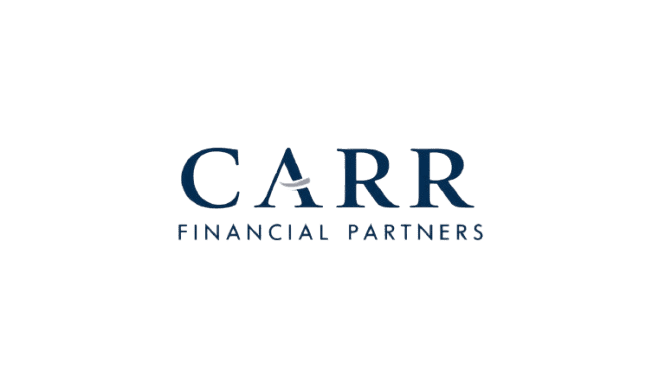Debt can feel overwhelming, but with the right strategies and mindset, you can regain control of your finances and work toward a debt-free future. Let’s explore proven strategies for getting out of debt and understand how they work.
1. Assess Your Financial Situation
Before tackling debt, you need a clear understanding of your financial picture. Create a list of all your debts, including:
Outstanding balances
Interest rates
Minimum payments
Why it works: This step provides a snapshot of where you stand and helps you prioritize which debts to focus on first. It also allows you to identify any spending habits contributing to the problem.
2. Create a Realistic Budget
A budget is your roadmap to financial stability. Track your income and expenses to identify areas where you can cut back and allocate more money toward debt repayment.
How to do it:
Categorize your expenses (e.g., housing, transportation, groceries).
Identify “needs” vs. “wants.”
Allocate a portion of your income to cover debt payments, savings, and essentials.
Why it works: A budget ensures you’re living within your means while freeing up money to accelerate debt repayment.
3. Use the Debt Snowball or Debt Avalanche Method
These are two popular approaches to debt repayment:
Debt Snowball: Focus on paying off the smallest debt first while making minimum payments on others. Once the smallest debt is paid, roll that payment into the next smallest debt.
Debt Avalanche: Focus on paying off the debt with the highest interest rate first while making minimum payments on others.
Why they work: The snowball method provides quick wins and motivation, while the avalanche method minimizes interest costs, saving you more money over time.
4. Negotiate Lower Interest Rates
Reach out to your creditors to negotiate lower interest rates or inquire about hardship programs. Lower interest rates reduce the overall cost of your debt and help you pay it off faster.
Why it works: Creditors are often willing to work with borrowers to ensure repayment, especially if you have a history of on-time payments.
5. Consolidate Your Debt
Debt consolidation involves combining multiple debts into one with a lower interest rate or a single monthly payment. This can be done through:
Personal loans
Balance transfer credit cards
Home equity loans (if applicable)
Why it works: Consolidation simplifies repayment and can reduce the interest you pay, allowing more of your payment to go toward the principal.
6. Increase Your Income
Look for opportunities to earn extra money, such as:
Taking on a side hustle
Selling unused items
Freelancing
Why it works: Increasing your income allows you to allocate more funds toward debt repayment, accelerating the process.
7. Seek Professional Help
If you’re struggling to manage your debt, consider consulting a financial advisor or credit counselor. These professionals can help you:
Create a debt management plan
Negotiate with creditors
Provide financial education
Why it works: Professional guidance provides tailored solutions and support to help you stay on track.
8. Build an Emergency Fund
While focusing on debt repayment, set aside a small emergency fund to cover unexpected expenses. This prevents you from relying on credit cards when emergencies arise.
Why it works: An emergency fund acts as a financial safety net, helping you avoid accumulating new debt.
9. Stay Consistent and Celebrate Milestones
Consistency is key when it comes to getting out of debt. Celebrate small wins along the way to stay motivated, such as paying off a credit card or hitting a repayment milestone.
Why it works: Celebrating progress reinforces positive behavior and keeps you motivated to reach your ultimate goal of becoming debt-free.
Final Thoughts
Getting out of debt is a journey that requires discipline, patience, and a solid plan. By assessing your financial situation, adopting a repayment strategy, and staying consistent, you can take control of your finances and pave the way to financial freedom. Remember, the small steps you take today will lead to significant changes tomorrow.


